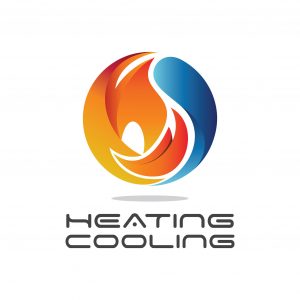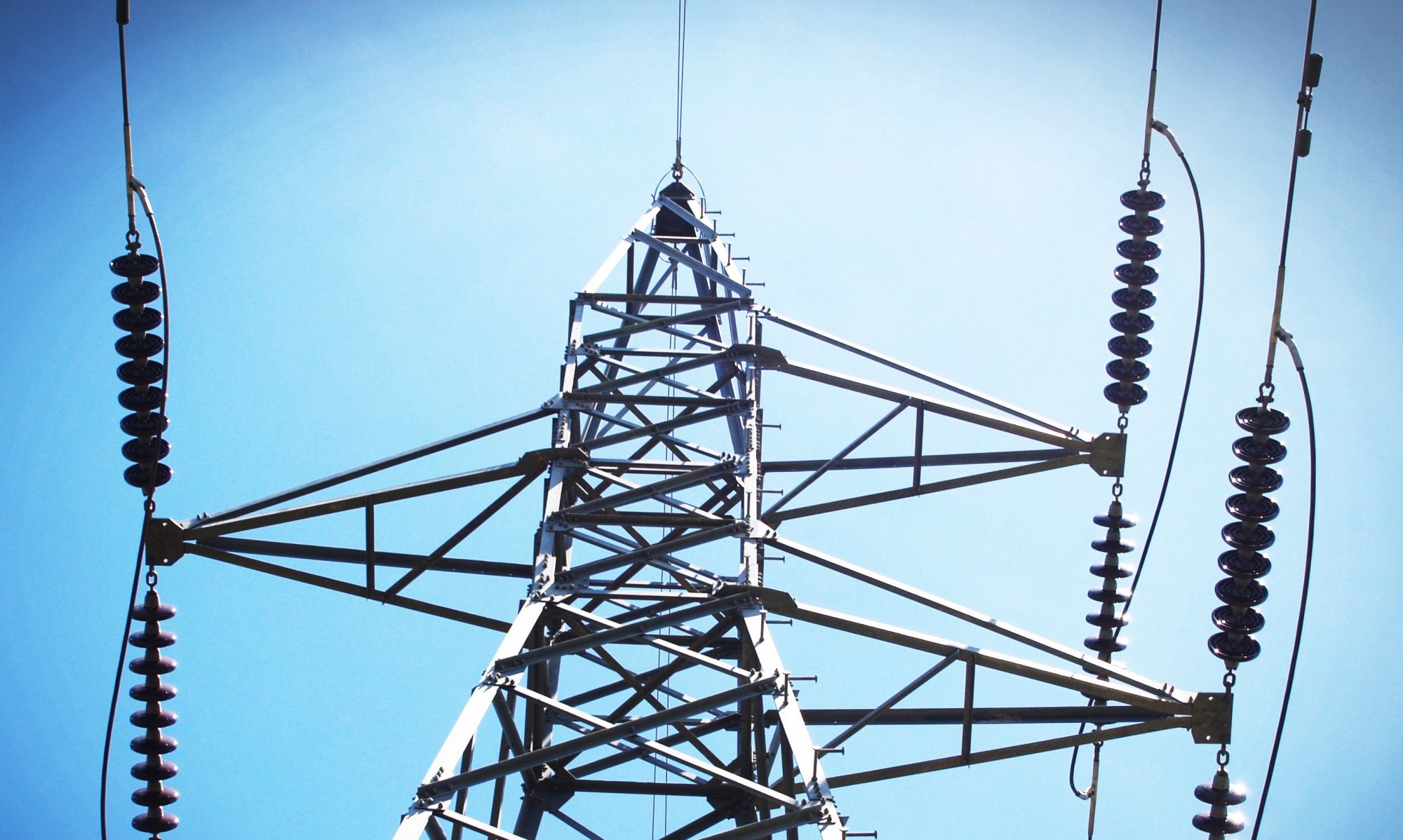A heating, ventilation and air conditioning system installed in the house is very important for our comfort, as well as for the quality of the air that we breathe. When HVAC systems have maximum performance, they will also reduce energy costs and save money throughout the year.
There are a few simple steps to keep your system in good shape and prevent repair situations in your home.

Cleaning and/or replacing filters regularly
One of the simplest and most important things you can do for your HVAC system is to change the filters. This task is often overlooked, although it is quite simple to perform.
When the unit is running, it will draw air from the entire house and push it into the filter, which will catch dust and air pollutants. After a while, the filter will get clogged, and the air will not be able to pass through so easily anymore. Filter must be changed on a periodic basis.
There are several different types of filters to choose from. Some are more expensive than others, but the more expensive ones will capture more pollutants and odors than standard filters.
Cooling coil inspection
Check the cooling coil is another important maintenance operation. This is the component of the unit that cools the air. The first thing is to make sure there are no leaks. Over time, pollutants that pass through the unit filter may remain trapped between the coil blades; they must be cleaned so that the proper amount of air can be transferred to the coils.
Checking the HVAC system pipes
Check each part of the pipeline network. Look for any loose insulation that may have appeared in recent months and replace it. You will need to inspect the pipes for improper connections or cracks; these must be repaired promptly, otherwise the air entering the house will not be as cool as it should be. Sealing the cracks will also prevent hot air from reaching the attic.
Cleaning the condensate drain line
HVAC systems produce moisture, and this is why there is a condensate drain system attached to them. In most cases, this is a PVC pipe coming out of the unit, which will drain moisture and condensation from the unit to the outside of your home.
Over time, there will be an accumulation of viscous substance and sludge inside the drain pipe, so it needs to be cleaned to remove any buildup to avoid needed hvac repair.
In the case of HVAC systems, it has been found that it is much cheaper to maintain them properly during the warranty and post-warranty period, than to fix issues that occur due to improper – or lack of – maintenance. You can considerably increase (by about 50%) the period of operation of a heating, ventilating and air conditioning system if it benefits from periodic checkups performed by specialists.
Without regular maintenance, you increase the risk of major damage and even a complete breakdown of the equipment on which your comfort depends. When the equipment operates at less than maximum efficiency, the power consumption will also be higher than it should be.

